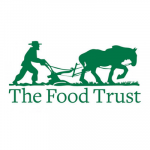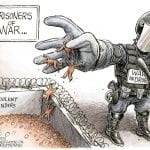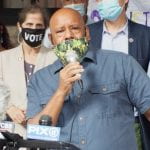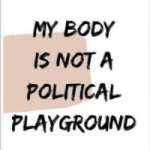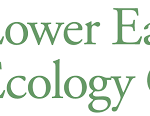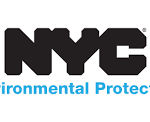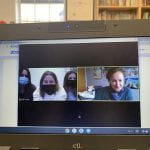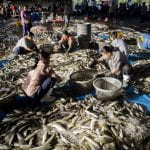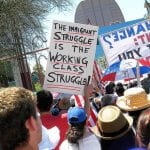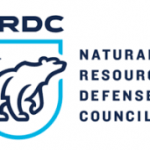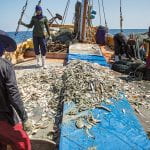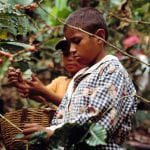
On Monday, the 9th of February, our group met with Jason Scherr. Jason Scherr is the founder and CEO of Think Coffee. He is also one of our group members’, Arlo, dad. He began his career as a lawyer but after 10 years he decided to switch professions. He moved to Brooklyn which wasn’t the place it is today. In Williamsburg, he decided to open up a coffee shop where its key value was where the coffee came from instead of how it tasted. He still wanted the coffee to appeal to and attract customers but Jason was more enticed with the idea of the coffee beans coming from good people in fair working conditions.
As Think Coffee grew, it was able to reach out to more people in other countries and check out their farms to see if they would choose them as a supplier. Jason and his colleagues traveled out to these farms and talked to the farmers to see if they would be suitable. During his travels, Jason encountered child labour and really bad working conditions. He turned these farms down but he also provided help by building houses. So far Think Coffee has built 74 homes across the world but that isn’t the only way they have helped out. During COVID nobody visited the coffee shops anymore so Think Coffee did not need to buy from the farmers. Instead, they made a deal with the farmers to loan out money until the pandemic ended. This helped these farmers a lot in such a difficult time.
Jason was very great to talk to and brought up many fascinating ideas. Upon first asking him about child labour he responded with a very interesting point, “What does that mean? What makes child labour, child labour? My son who is 15 years old works here and he still worked here when he was 14. Arlo is probably even going to work here soon. He’s a child and he’s working. What truly defines child labour?” In response to this we looked up the definition and here is roughly what we got, child labour is when the work a child is doing is denying their education. Arlo’s brother still goes to school but lots of the kids that we are focussing on don’t. This was only one of the intuitive points that he brought up during the interview.
All in all, it was a great experience to have. We heard from somebody who had seen this first hand and who had helped the same people we were trying to help. He recommended another organization that was in the neighborhood and was overall very helpful. I learned a lot about how these farmers worked and their living conditions. I found it inspiring that he visited a lot of these farms himself and didn’t delegate it to someone else. We will be sure to check out the people he recommended and we thank him for such an informative conversation.






